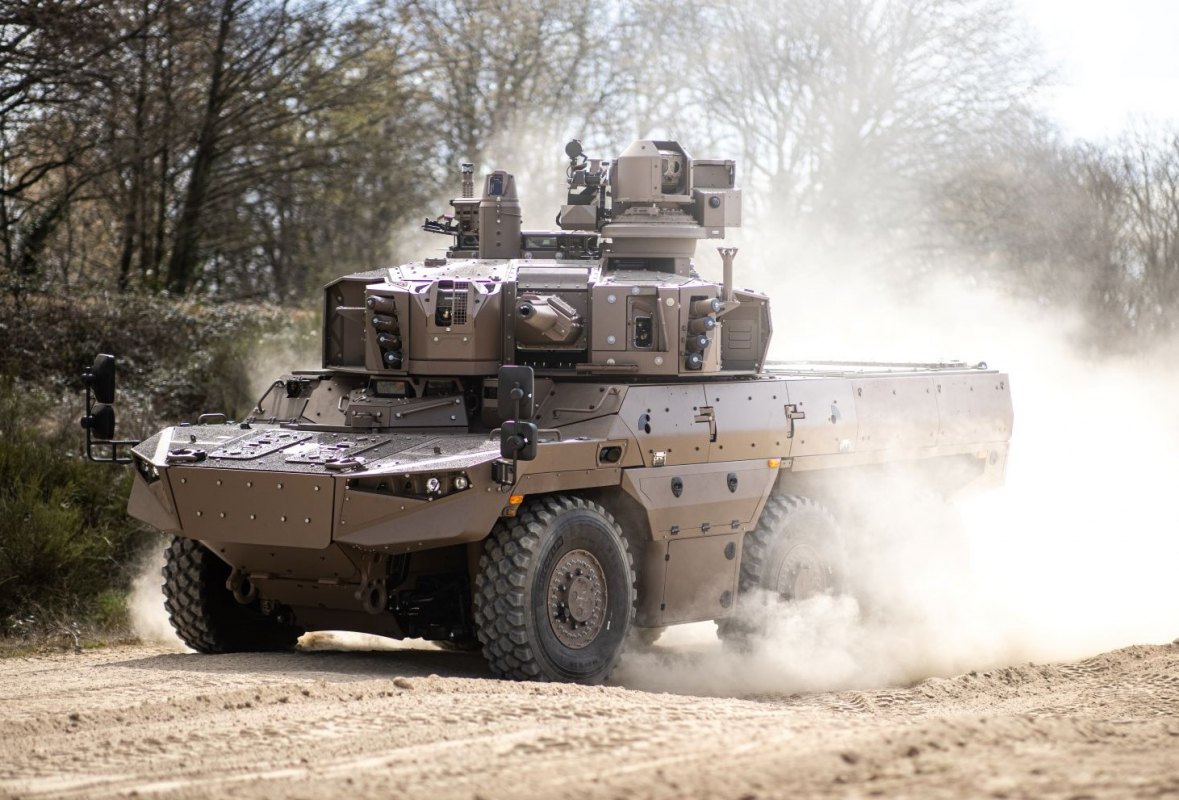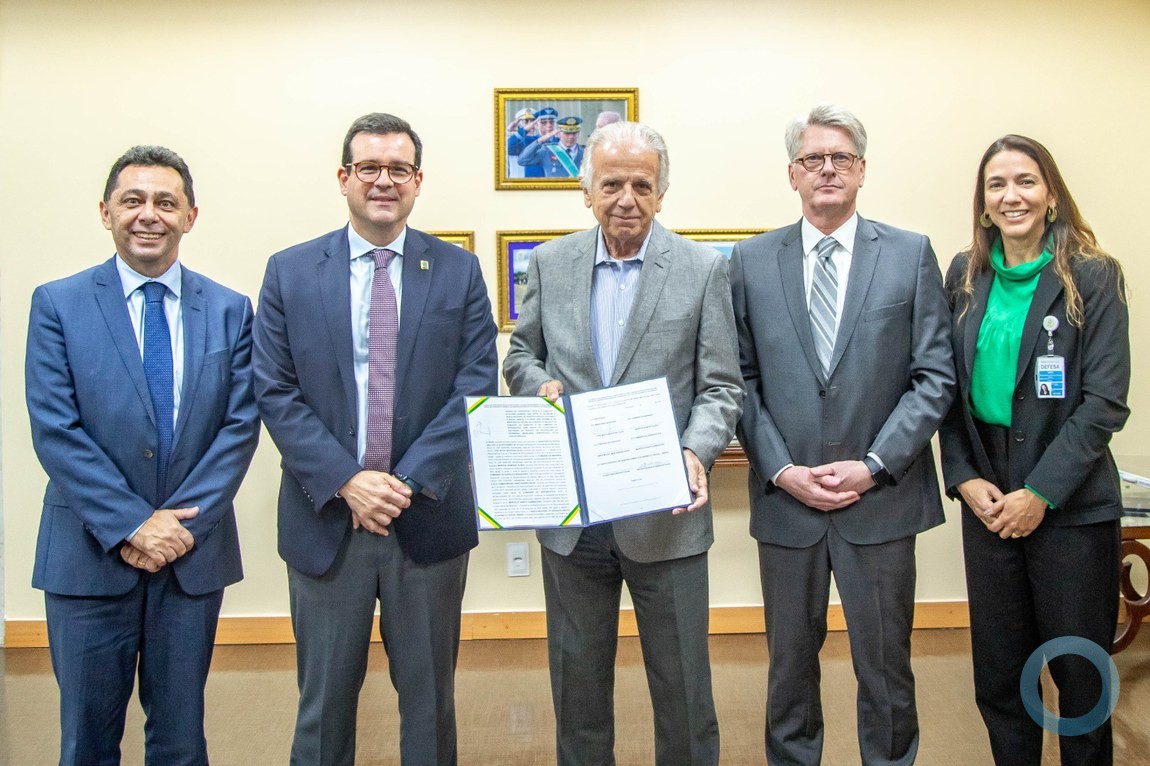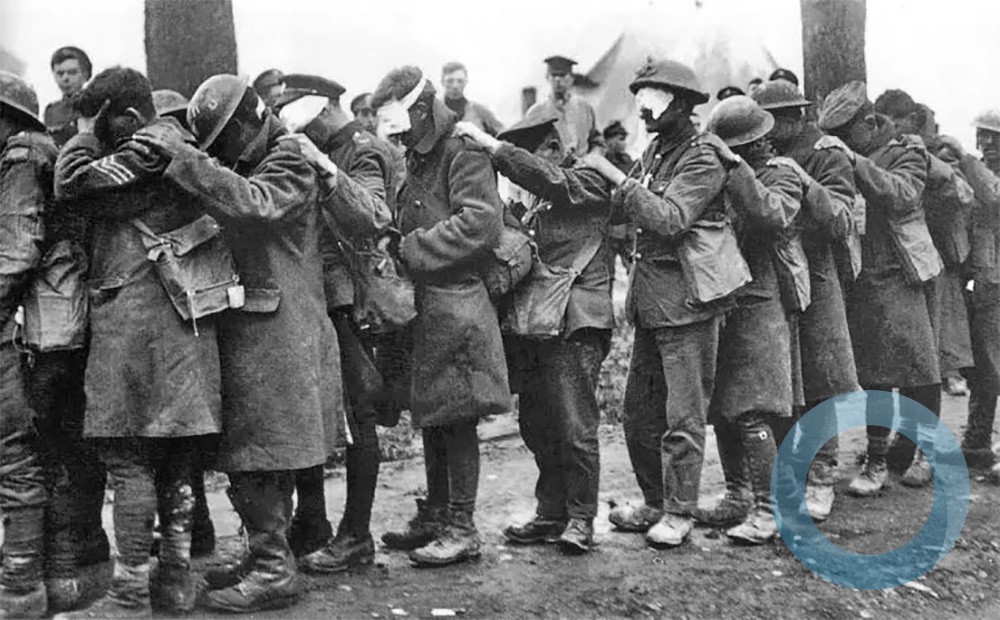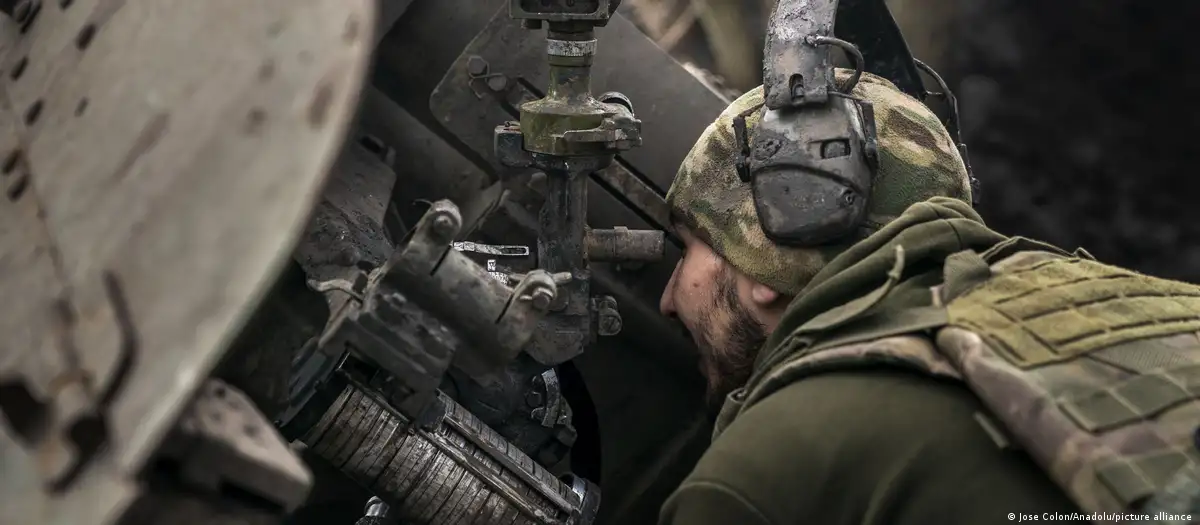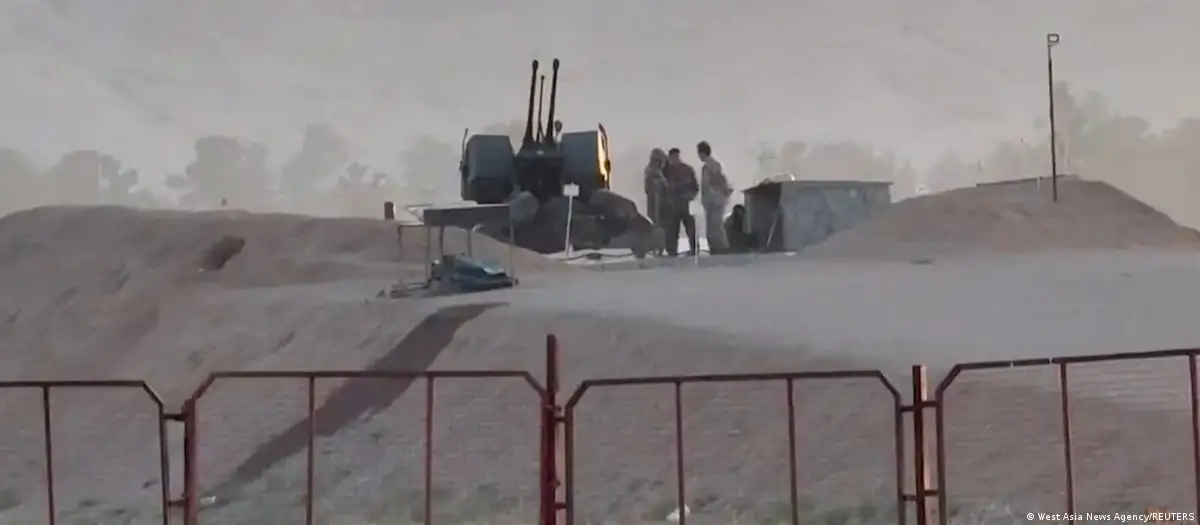Ximena Moretti
The Bolivian Army has concluded its involvement in the United Nations Stabilization Mission in Haiti (MINUSTAH) after nine years. During the mission, more than 3,000 Bolivian service members worked tirelessly to bring about the return of security and political stability and to provide humanitarian assistance to the people of Haiti, all in cooperation with 20 other countries.
As part of the MINUSTAH Military component reduction plan established by the United Nations, the final Military contingent from Bolivia – consisting of 205 service members – returned to their home capital on June 15 “after completing its international commitment,” said Colonel Rodolfo Javier Garvizu Díaz, director of Peace Operations for the Bolivian Army. They arrived at La Paz's Miraflores General Headquarters having finalized their activities for MINUSTAH on May 26.
That contingent — the last of 15 sent to Haiti over nine years — included 185 men and 20 women. During the UN mission a total of 3,108 Bolivian service members, including 174 women, participated in the peacekeeping initiative in rotating six-month contingents.
“We are proud to have contributed through our presence, human resources, and our means to fulfill the mission established by the United Nations to stabilize the country,” Major General José Luis Begazo Ampuero, Commanding General of the Army of Bolivia, said in a closing ceremony at the Tiwanaku Base in Port-au-Prince.
“Dear brothers and sisters, we have lived life on base with you. I assure you that Haiti will not forget you, because we hold you in our hearts. As you leave, I assure you that you may return as guests or tourists, but always as our brothers and sisters,” said Haitian Minister of Defense Lener Renaud.
Gratitude from other countries
Representatives of other countries highlighted the involvement of the Bolivian contingent and expressed their gratitude.
“Throughout the many years of struggle and sacrifice, the Blue Helmets have earned their place as a symbol of hope for millions of people who live in places torn apart by war,” UN Secretary General Ban Ki-moon said in his message for the International Day of United Nations Peacekeepers.
As part of MINUSTAH, Bolivian Troops have helped Haiti handle a series of security and humanitarian challenges. For example, the mission filled an essential role after the January 2010 earthquake, which left more than 200,000 dead, including 96 UN peacekeepers.
At that time, the Bolivian contingent provided humanitarian assistance, rendering aid to the civilian population affected by the natural disaster, and also assisted UN members at the general headquarters in Port-au-Prince, “demonstrating responsibility, discipline, professionalism, and esprit de corps,” Col. Garvizu said.
They also helped in fighting an outbreak of cholera in October 2010 as well as other endemic diseases afflicting a large portion of the Haitian population.
“During the cholera epidemic, the Bolivian contingent provided medical assistance to the infected population by establishing field hospitals, evacuation of the deceased, and assisting with the preventive processes at MINUSTAH facilities,” Col. Garvizu said. “Due to their discipline and operations capacity,” the Bolivian contingent was designated as the “MINUSTAH Multinational Force Reserve Unit,” responsible for reinforcing, supporting or relieving sectors of responsibility for other contingents during their deployment in Haiti.
Additionally, Bolivian service members participated in security patrols, aerial and land reconnaissance, helped escort convoys, and assisted in controlling civil disturbances; they also organized a rapid response force with an operational capacity to confront any incident that might affect security within its assigned area of responsibility.
The Bolivian Army contributed to the security and public order of the local civilian population as part of the effort carried out by the 21 countries that comprise MINUSTAH.
Bolivian Army has participated in other international missions
Haiti is not the only country where Bolivian service members have participated in international missions. Previously, the Bolivian Military has cooperated in peacekeeping missions in Angola, the Ivory Coast, and the Congo.
For the Bolivian Army, participating in such missions represents “a sense of brotherhood in which we contributed to peacemaking in a brotherly nation. The Military aspect allowed the personnel deployed on the mission to acquire greater experience in peace missions,” Col. Garvizu said. “Solidarity with our neighbors was without a doubt an aspect that had a positive effect on all members of the different contingents.”
The involvement and values of Latin American Armed Forces in MINUSTAH have been key to re-establishing peace, as well as respecting human rights, said retired Chilean Army Colonel Carlos Ojeda.
“We are sure that because of the behavior demonstrated, the successes, the selfless labor, and proven usefulness, the Army [of Bolivia] will once again be called to answer the commitment we have sustained with the United Nations since 1997,” said Bolivian Defense Minister Reymi Ferreira, according to Bolivian online daily La Patria en Línea .
Participating in overseas peacekeeping missions helps the Armed Forces provide public safety at home.
“Security is the overarching theme of all Military activities to put an end to the variety of current and emerging threats that might affect the normal development of activities on our soil,” Col. Garvizu said. “Participating in protecting the environment is another challenge where the Bolivian Army is not sitting on the sidelines, in addition to several tasks we perform to benefit the population of Bolivia.”






